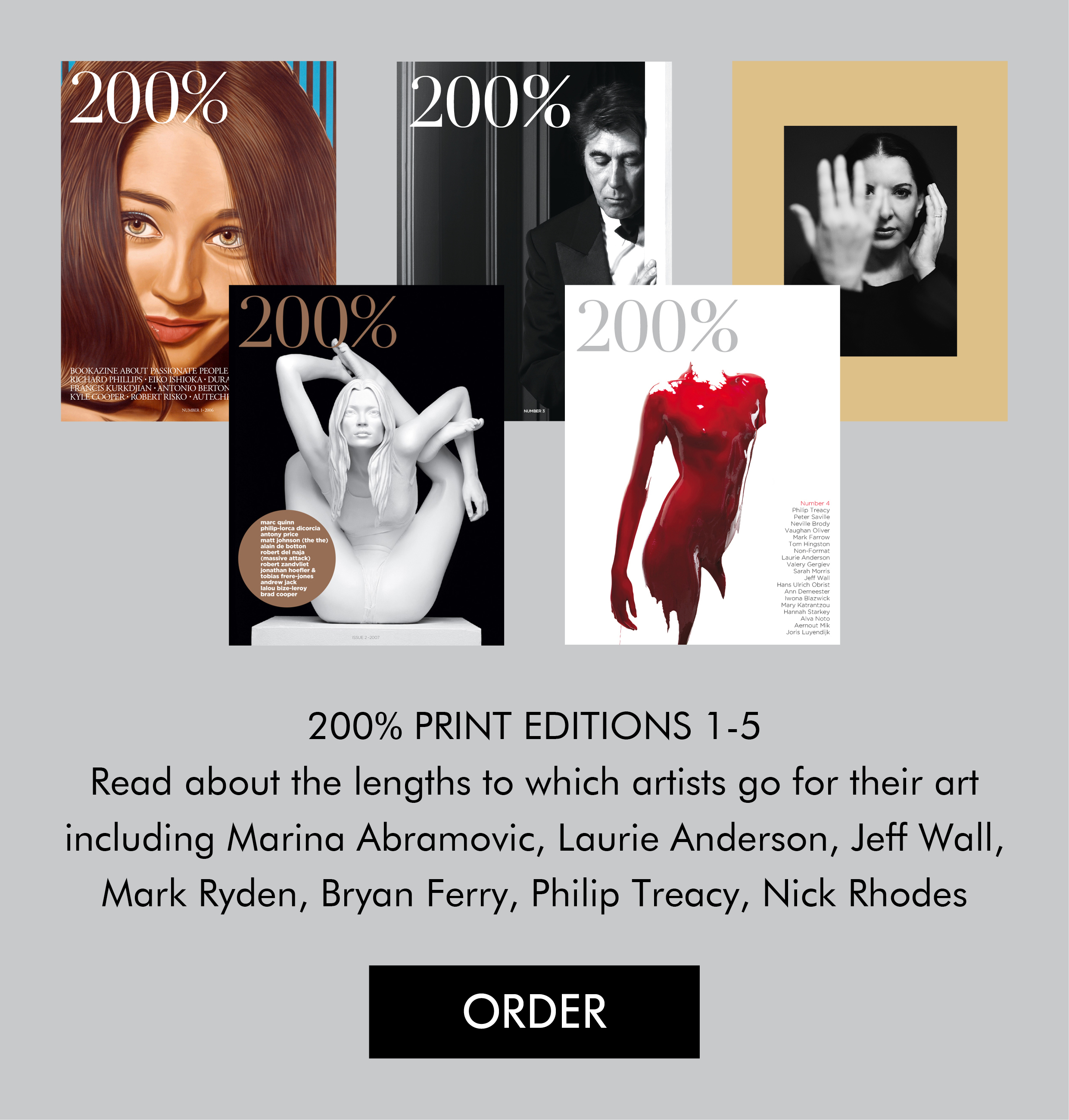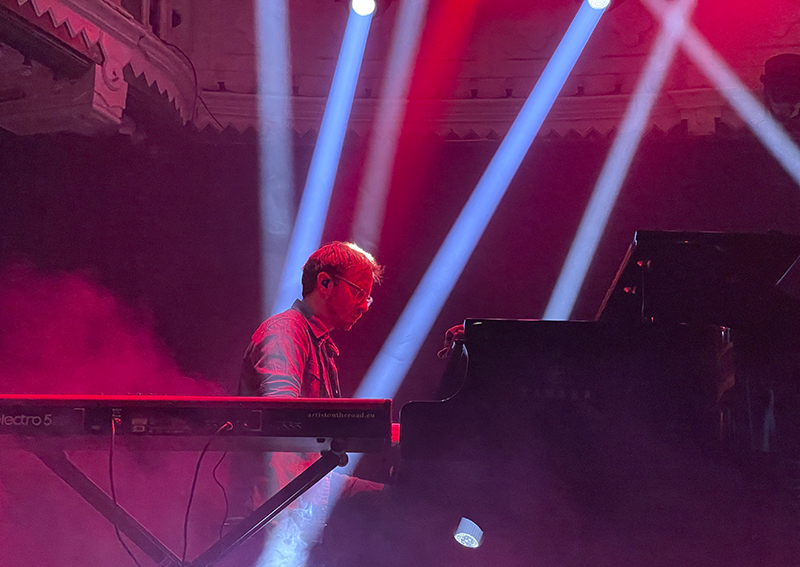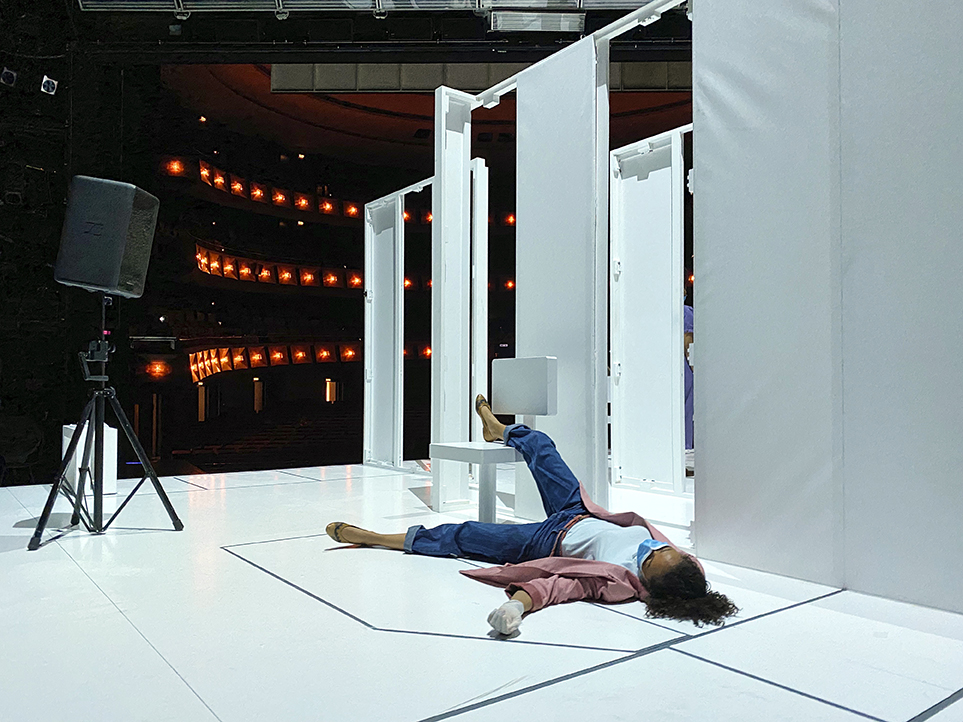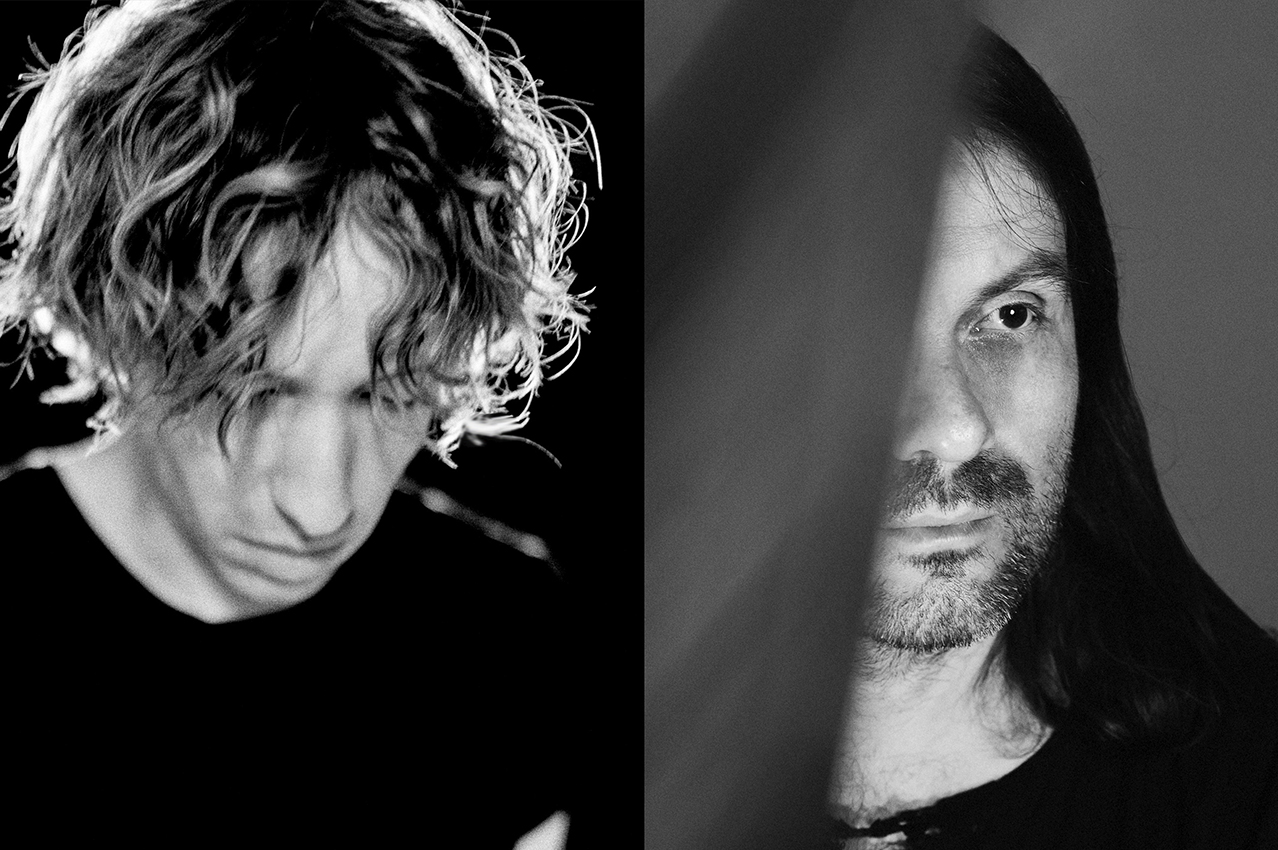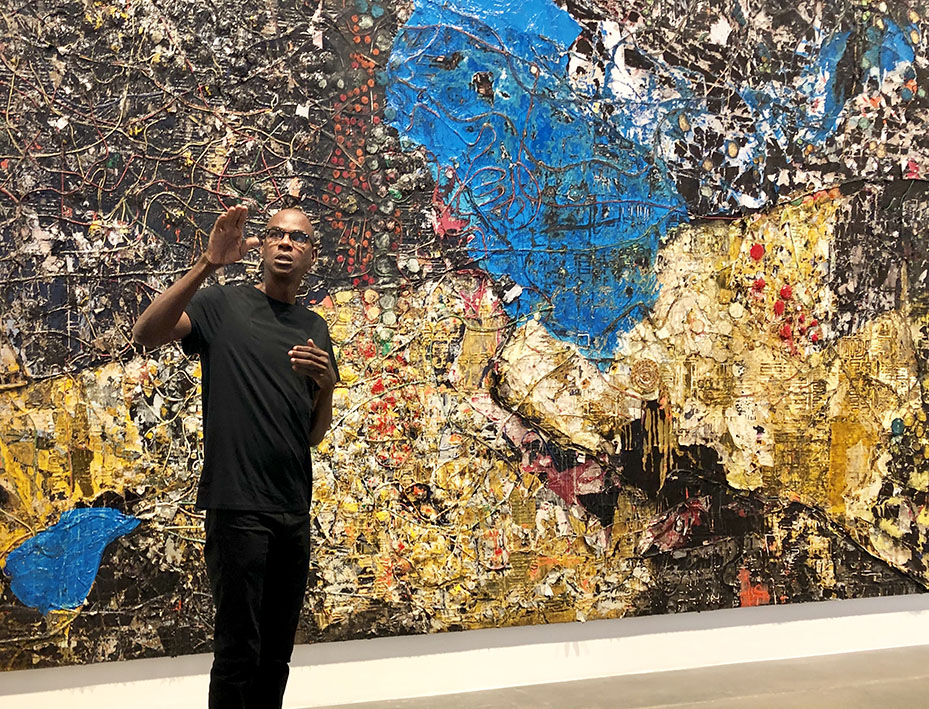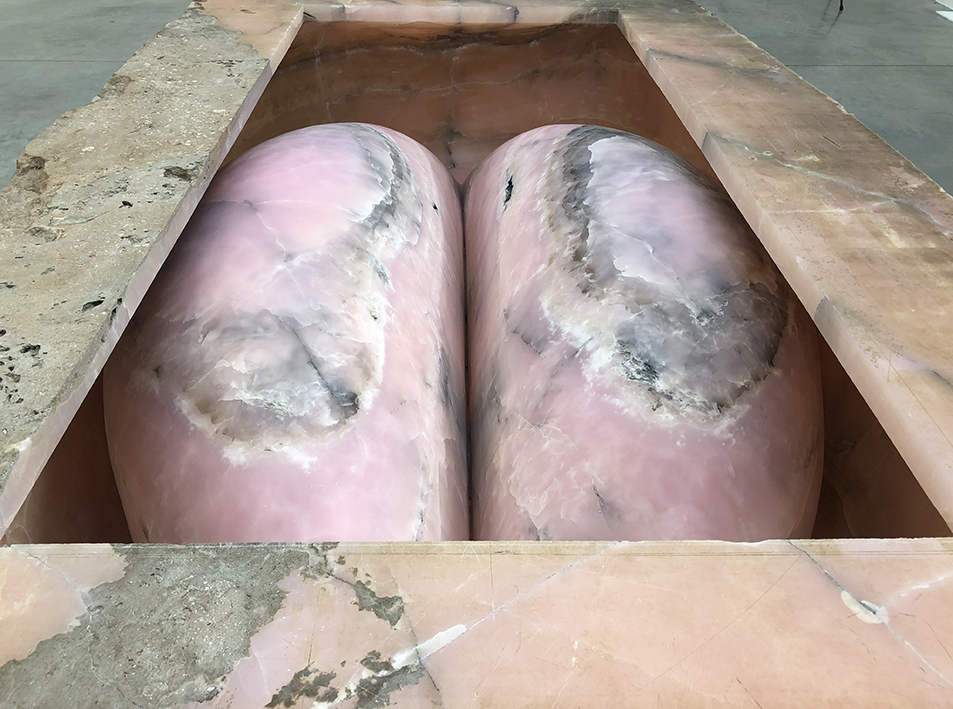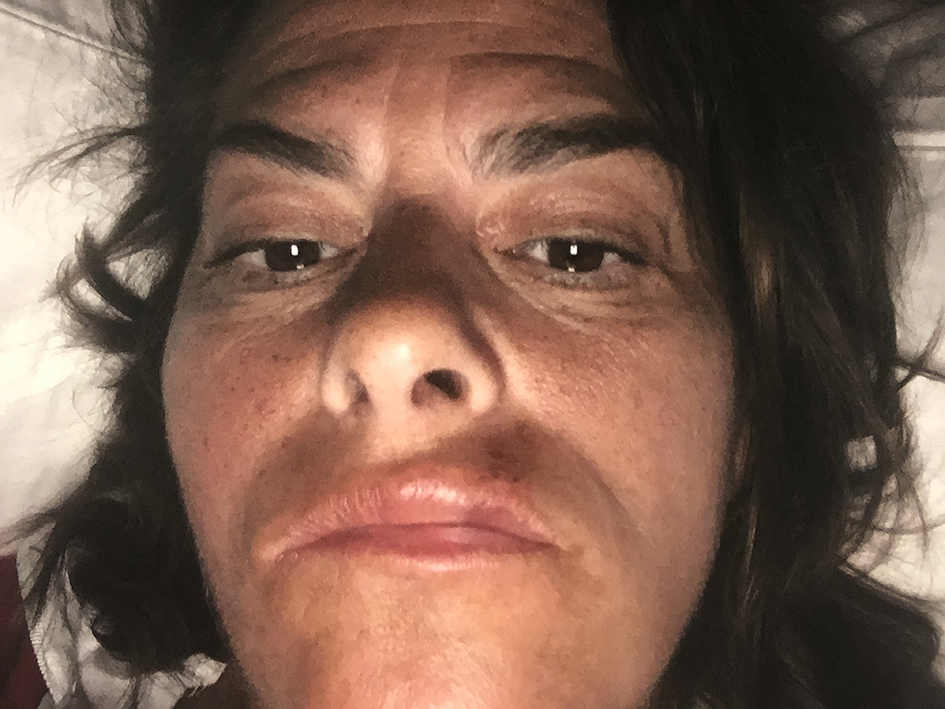
Music Interview with Chris Illingworth – GoGo Penguin (Part 1)
With the aid of computer software, the British jazz trio generates innovative sounds from their acoustic instruments. “Working with computers puts me in a different mindset where possibilities open up that wouldn’t be accessible if I were solely composing on the piano or in my head,” says Chris Illingworth, a founding member of the band. 200% spoke with him about composing techniques, his melodic sensibilities, the leap forward they took with their new album, and the band’s new drummer Jon Scott.
200%: Over the last few years, the band members of GoGo Penguin have experienced some sad and happy moments in their personal lives, and drummer Rob Turner left the band and was replaced by Jon Scott. How have these experiences influenced the creative direction of your latest album, ‘Everything Is Going To Be OK’?
Chris Illingworth: We’ve always aimed to be honest and express ourselves through our music, but our latest album is more personal than ever before. Over the past few years, we’ve experienced many ups and downs. In addition to the challenges and uncertainties brought about by the pandemic, both Nick [Blacka] and I lost close family members, but I also became a father when my son was born just before the lockdown began. I had the opportunity to spend those early few months with my son, which was fantastic because otherwise, I would have been on tour. That was the silver lining, as I got some time with family which I hadn’t had for a long time. It was a peculiar period marked by a mix of emotions – tough times, moments of relief, happiness, and togetherness – all of which influenced our music.
Our studio became a sanctuary – a place for us to retreat from the chaos and focus on our music. It provided us with an opportunity to be braver than ever before, taking risks and exploring new things that, for some reason, we hadn’t felt we could do in the past. The electronic elements seamlessly integrated themselves into the spaces among the acoustic instruments. It never felt like they were competing for space; instead, they settled in and became an essential part of our setup. On our latest album, we’ve pushed the boundaries of our sound and ventured into many new ideas as a band. We’ve taken a significant leap forward, but you can still hear the core of our sound.
200%: How do these changes manifest in the new album’s music?
CI: We’ve previously incorporated electronic elements into our acoustic sound, but I introduced new synthesizer elements. For example, in ‘Soon Comes Night’, I process the piano through Eurorack modular, to create a bouncing ball effect – an approach I’ve heard in electronic music, like in Aphex Twin’s ‘Bucephalus Bouncing Ball’, but it’s not typically done with an acoustic piano. Nick plays the Moog Grandmother on some tracks and bass guitar on others.
On ‘Last Breath’, Nick improvises on the double bass, but instead of accompanying him on the piano, I process his bass through the Strega synthesizer by Make Noise. This is a new approach to improvisation for both of us. We also drew inspiration from instrumental hip-hop styles of artists like DJ Shadow, Aim, and DJ Krush, as well as melodic alternative rock and indie styles from artists like Alex G, sir Was, and Rozi Plain. We’ve enjoyed listening to these artists for many years but hadn’t tapped into them as a source of inspiration in the past.
Despite certain expectations from our listeners due to our band’s history, we set those aside and trusted our instincts. If we enjoyed the music and felt it was the right creative direction, we pursued it.
 200%: How did you meet Jon, the new drummer of GoGo Penguin?
200%: How did you meet Jon, the new drummer of GoGo Penguin?
CI: Nick had played one or two gigs with him a while back. We crossed paths on tour during festivals, where he was performing with musician Mulatu Astatke. When Rob left the band, we were in search of someone new to join, and some of our friends recommended asking Jon. He lives in London, so we invited him up to Manchester to play together. We went out for a few beers and some pizza, and it felt like a good fit. Our first collaboration for the EP ‘Between Two Waves’ worked out really well. It feels like he’s always been a part of the band now.
200%: What’s it like playing with him?
CI: When we started working with Jon, we quickly had an understanding of each other on a subconscious level and could anticipate where each of us was headed. On stage, we want to create an environment where everyone is actively listening to each other and is engaged with what the others are doing. Each of us brings his unique element, but ultimately, we have to work as a band, as a unit, and move in the same direction when we’re performing.
200%: What does Jon bring to live performances when you’re playing songs from GoGo Penguin’s back catalog?
CI: To some of the songs, he brings a Trip-Hop style of drumming, with others he provides a pulsating drive or a muscular style with a lot of power. A good example of this is ‘Protest’. We had reached a point where Rob had his beat for the song, and it was working to some extent, but it became overly complex and dense. When I originally composed it, I envisioned a pure rock beat with the bassline as the driving force, with just some power chords played on the piano. When we first played the song with Jon, he instinctively returned to that rock beat. With Jon now performing these older songs, we’re revisiting them, and they feel fresh again for me and Nick.
In part 2, which will be posted next week, Chris will delve into his innovative methods of generating new sounds from the piano, including the Palm Mute Pedal, as well as discuss his melodic sensibilities and the advantages of commencing the composition process on computers.
Interview written and conducted by Thierry Somers

